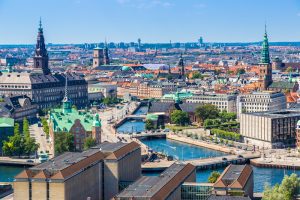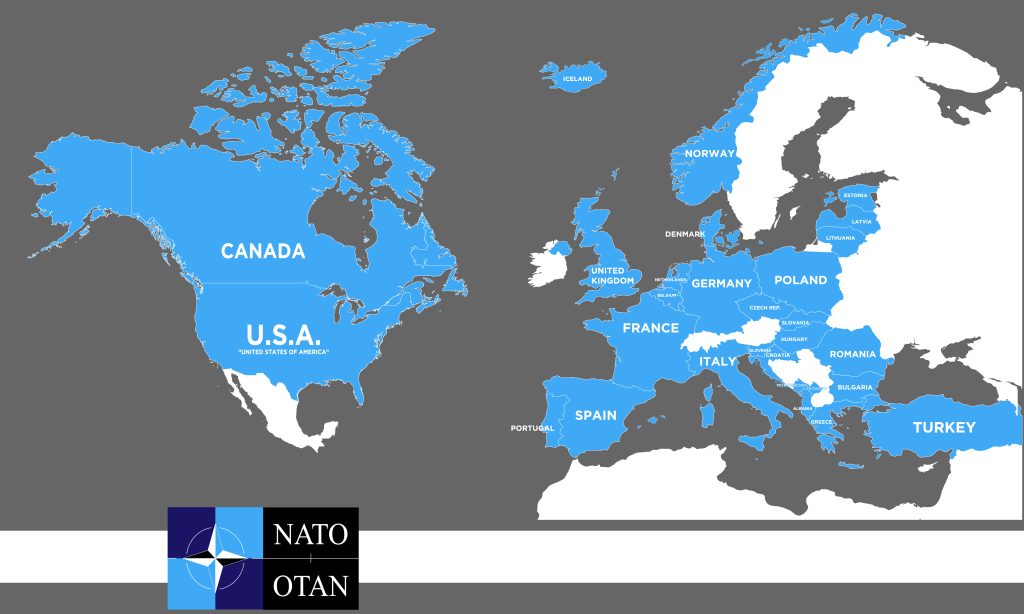There are 27 member states of the European Union. Formed in 1951 with only 6 countries, the economic union eventually expanded to how it looks today. Most recently, the United Kingdom withdrew from the European Union.
Table of Contents
Countries of the European Union
Decades after the EU project was launched, it has successfully integrated multiple countries. These include Austria, Liechtenstein, Belgium, Lithuania, Luxembourg, Czech Republic, Malta, Denmark, Estonia, Netherlands, Finland, Croatia, Cyprus, Poland, Estonia, Portugal, Romania, Slovakia, France, Slovenia, Germany, Spain, Greece, Sweden, Hungary, and Ireland. The latest country to join the EU is Croatia. It was accepted in the EU in 2013.
Candidate countries of the EU
The European Union is an organization with strict rules. For a country to enter the union, it needs to follow a step of procedures that involve a political decision, judiciary changes, and even better border security. Among the countries that are aligning these values with those of the EU, you can find Albania, Montenegro, Serbia, and North Macedonia. Bosnia and Kosovo are also showing interest in this regard.
Euro-using countries
The Euro is the official currency of the EU. It’s not yet used in all of the countries of the union. Only 19 of the 27 EU states are currently using the euro. To join this common currency, countries have to meet certain financial criteria. But some countries don’t want to join the euro currency space even if they’re part of the European Union.
Which European countries aren’t part of the EU?
Starting from 2021, the United Kingdom will not be an EU member any more officially. The country held a referendum in which most of its citizens voted to leave the union. Part of the reason for the UK leaving the EU was better migration control, enhanced legislative powers, and lower international taxes.
Norway isn’t part of the EU either. Unlike Sweden, Finland, and Denmark, this Nordic country meets all the admission criteria but its citizens don’t want to be part of the EU. Belarus, Ukraine, and Moldova aren’t part of the EU. These European countries have an unstable political scene at the moment.
Switzerland is not an EU member. The small Swiss state always remained independent and reluctant to join the union even if it’s surrounded by EU member countries such as Italy and France.
Serbia, Bosnia, Montenegro, Albania, Kosovo, and North Macedonia aren’t part of the EU either. But these states are likely to get admission to the EU faster than countries such as Ukraine or Belarus.
The European Union started as an economic free-trade union. Over time, its powers grew and it started to have a bigger role in the lives of its member states citizens. Some of its decisions over the past few years have been criticized, particularly in migration law and economic influence. But the union has also led to a war-free Europe, it has helped create millions of jobs and it also created special funds to help any of its underdeveloped areas with investments in all fields from farming to travel infrastructure.

















